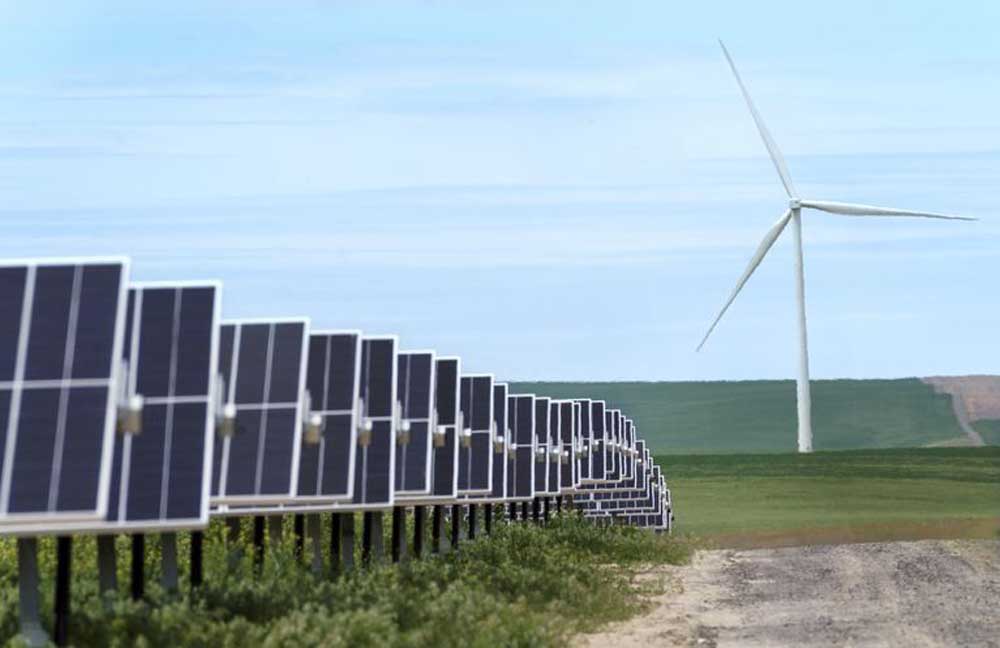Current state of affairs
Published 6:44 pm Wednesday, March 6, 2019

- Ambroson Mug
If any of you are like me, you’re growing weary of the division in our country, our communities … our families. It gets under my skin like nothing else. And being the admittedly sensitive and introspective soul that I am, I dwell on it. Where does it come from? How does it end? Can it end? Two of my favorite authors say yes … but only if we choose.
Now to be sure, my IQ doesn’t break the bank — but I am fairly perceptive. That being the case I try to understand human nature on the coattails of greater minds than mine.
In the early to mid 20th century there was an author — my favorite as a matter of fact — who was known for having a profound insight into the human condition. In 1952, John Steinbeck published my favorite novel: “East of Eden.” And since I like to stand on the shoulders of the more intellectual, I found context there for our current state of affairs.
It is my belief that the toxicity that divides us stems from our misunderstanding of one another. Misunderstanding then turns to mistrust, and here we are. In “East of Eden,” Steinbeck writes: “I wonder how many people I have looked at all my life and never really seen.” He hits it on the nose. We see and understand each other through the lens of our truth, not theirs. Maybe that’s why Steinbeck also says, “perhaps the best conversationalist in the world is the man who helps others to talk.”
A second favorite author of mine is Flannery O’Connor — who penned another of my favorite stories, “A Good Man is Hard to Find.” Here, we see a similar theme. The two central characters presume to know the quality of one another. As it turns out, both were wrong.
As much as we presume to know others intentions, O’Connor perhaps put it best: “Truth does not change according to our ability to stomach it.” We can’t understand other people’s truths if we are only willing to accept them according to our own preconceptions. Collectively we must be better at listening to one another. We must be better at understanding one another.
One thing I’ve learned in this past month is that I make more than my fair share of mistakes. Perhaps that’s true for many of us. But as I mentioned at the beginning of this monologue, I believe there is hope.
Central to “East of Eden” is a debate over an important translation of the Hebrew word “Timshel.” While some argue the word, according to one biblical translation, is a command that “one must overcome” evil. A second biblical translation urges a predestined notion that “one will overcome” evil.
Because either interpretation frustrates the intellect with even the slightest glance at human behavior, the debate is settled on the original Hebrew translation, “one may overcome” evil, giving humanity a choice. Steinbeck, through his characters opines: “It might be the most important word in the world. That says the way is open. That throws it right back on a man. For if ‘Thou mayest’—it is also true that ‘Thou mayest not.” It’s on each of us to choose.
Similarly, in “A Good Man is Hard to Find,” the characters have the choice to find grace by accepting truth over ignorance.
For me, I see hope in choice. I will fail, but I will always choose to try harder. To do better. If together we can absorb the wisdom of two of America’s great authors, we may realize the end to division, to mistrust and one day even find harmony.
Christian Ambroson is the editor of the Wallowa County Chieftain and lives in Joseph.








